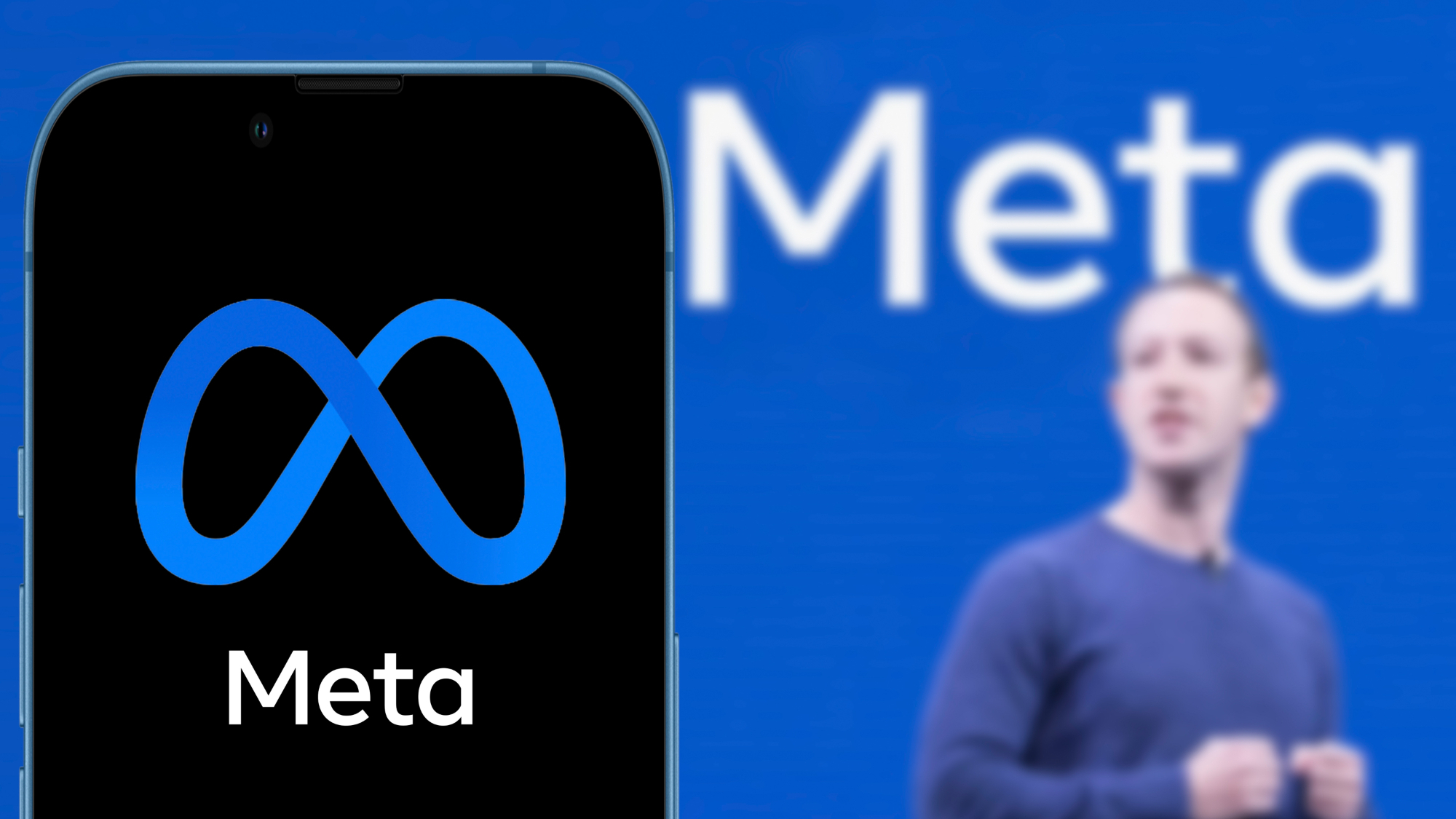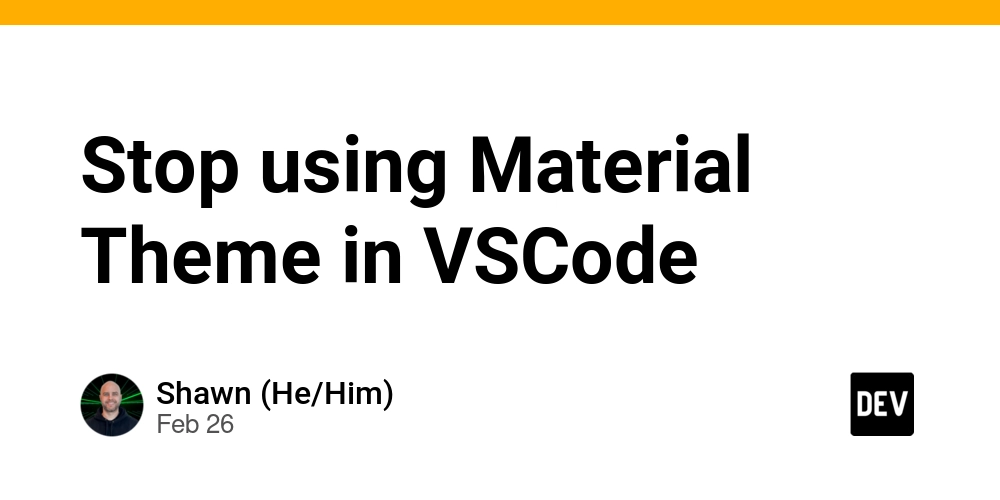Navigating the GitHub Sponsors Payout Process: A Comprehensive Guide to Supporting Open Source
Abstract This post explores the essentials of navigating GitHub Sponsors payout processes. It discusses setting up sponsorships with GitHub Sponsors, choosing the right payout methods with platforms like Stripe and PayPal, tracking sponsor contributions, and ensuring tax compliance. In addition, we delve into historical context, core concepts and features, practical use cases, challenges, and the future outlook – including blockchain integrations and open source sustainability through tokenization. Along the way, practical resources and complementary insights from related articles on GitHub Sponsors and notable discussions on Dev.to are highlighted to provide a holistic understanding of supporting open source initiatives. Introduction In today’s open source ecosystem, supporting developers has never been more important. With a rising acknowledgment of how fundamental open source is to modern technology, GitHub Sponsors has become one of the essential funding platforms. GitHub Sponsors not only allows developers to receive donations from the community but also streamlines the process through integrated payout solutions like Stripe or PayPal. Such features empower developers to focus on innovation and maintain high-quality open source projects. This guide examines how developers can set up, manage, and optimize their sponsorship income while ensuring compliance with tax regulations and evolving funding models. Background and Context GitHub Sponsors is a relatively recent addition to the open source funding landscape. As open source gained importance in powering everything from simple scripts to complex cloud architectures, sustaining its growth became challenging. Traditional revenue models failed to provide a consistent income for many developers. Enter GitHub Sponsors: an initiative designed to support the creators behind open source projects by offering a transparent and direct way to receive contributions. Historically, open source projects have relied on community donations, crowdfunding via platforms like Patreon or Gitcoin. GitHub Sponsors differentiates itself by leveraging the familiarity of the GitHub ecosystem. Adjustments such as streamlined communication, integrated dashboards, and partner payout systems have reduced the friction for both contributors and developers. Recent enhancements such as clear tax guidelines from GitHub’s official documentation on Sponsors further cement the platform as a go-to funding solution. Moreover, sustainability trends such as Sustainability of Open Source Through Tokenization and The Future of Open Source with Blockchain Integration hint at a future where decentralized technologies and token economics further streamline open source funding. Core Concepts and Features GitHub Sponsors is built around several key concepts that ensure transparency, simplicity, and reliability. Below, we break down the primary components: 1. Setting Up GitHub Sponsors Enrollment: Developers start by registering for the GitHub Sponsors program through their GitHub account. Payout Methods: Based on personal preference and regional factors, developers can set up payout systems such as Stripe or PayPal. Details on the countries that support these methods can be found on What Countries Support GitHub Sponsors. 2. Managing Sponsorship Income Dashboard Utilization: GitHub Sponsors offers a dashboard for tracking transactions, communicating with sponsors, and ensuring that all contributions are recorded accurately. Earnings Tracking: For best practices on monitoring sponsorship revenue, developers can refer to How to Track Sponsorship Earnings. 3. Compliance and Tax Considerations Tax Guidelines: As with any financial income, sponsorship funds come with tax implications. Developers need to consult the tax considerations for GitHub Sponsors to avoid surprises during tax filing season. Local Regulations: Developers are encouraged to seek advice based on their local rules and regulations. 4. Promotion and Community Engagement Visibility Strategies: Active engagement with sponsors by showcasing work, offering exclusive updates, and regular communication is key. For insights, check out How to Promote GitHub Sponsors Profile. Incentives and Rewards: Many developers provide unique perks as a part of their sponsorship tiers to encourage recurring support. Table: Payout Method Comparison Payout Method Pros Cons Stripe Supports numerous currencies; robust API; seamless integration with GitHub Sponsors. May require bank verification; regional limitations. PayPal Easy setup; widely recognized; quick transfers. Higher transaction fees in some regions; less integration flexibility in some cases. 5. Additional Tools and Considerations Blockchain and Tokenization: Emerging trends like blockchain-based tokenization present alternative ways of sustaining open
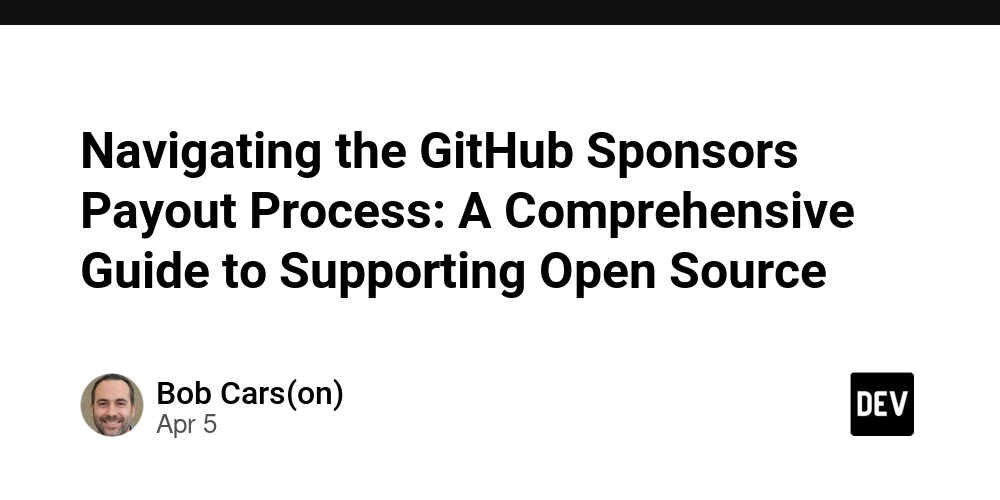
Abstract
This post explores the essentials of navigating GitHub Sponsors payout processes. It discusses setting up sponsorships with GitHub Sponsors, choosing the right payout methods with platforms like Stripe and PayPal, tracking sponsor contributions, and ensuring tax compliance. In addition, we delve into historical context, core concepts and features, practical use cases, challenges, and the future outlook – including blockchain integrations and open source sustainability through tokenization. Along the way, practical resources and complementary insights from related articles on GitHub Sponsors and notable discussions on Dev.to are highlighted to provide a holistic understanding of supporting open source initiatives.
Introduction
In today’s open source ecosystem, supporting developers has never been more important. With a rising acknowledgment of how fundamental open source is to modern technology, GitHub Sponsors has become one of the essential funding platforms. GitHub Sponsors not only allows developers to receive donations from the community but also streamlines the process through integrated payout solutions like Stripe or PayPal. Such features empower developers to focus on innovation and maintain high-quality open source projects. This guide examines how developers can set up, manage, and optimize their sponsorship income while ensuring compliance with tax regulations and evolving funding models.
Background and Context
GitHub Sponsors is a relatively recent addition to the open source funding landscape. As open source gained importance in powering everything from simple scripts to complex cloud architectures, sustaining its growth became challenging. Traditional revenue models failed to provide a consistent income for many developers. Enter GitHub Sponsors: an initiative designed to support the creators behind open source projects by offering a transparent and direct way to receive contributions.
Historically, open source projects have relied on community donations, crowdfunding via platforms like Patreon or Gitcoin. GitHub Sponsors differentiates itself by leveraging the familiarity of the GitHub ecosystem. Adjustments such as streamlined communication, integrated dashboards, and partner payout systems have reduced the friction for both contributors and developers. Recent enhancements such as clear tax guidelines from GitHub’s official documentation on Sponsors further cement the platform as a go-to funding solution.
Moreover, sustainability trends such as Sustainability of Open Source Through Tokenization and The Future of Open Source with Blockchain Integration hint at a future where decentralized technologies and token economics further streamline open source funding.
Core Concepts and Features
GitHub Sponsors is built around several key concepts that ensure transparency, simplicity, and reliability. Below, we break down the primary components:
1. Setting Up GitHub Sponsors
- Enrollment: Developers start by registering for the GitHub Sponsors program through their GitHub account.
- Payout Methods: Based on personal preference and regional factors, developers can set up payout systems such as Stripe or PayPal. Details on the countries that support these methods can be found on What Countries Support GitHub Sponsors.
2. Managing Sponsorship Income
- Dashboard Utilization: GitHub Sponsors offers a dashboard for tracking transactions, communicating with sponsors, and ensuring that all contributions are recorded accurately.
- Earnings Tracking: For best practices on monitoring sponsorship revenue, developers can refer to How to Track Sponsorship Earnings.
3. Compliance and Tax Considerations
- Tax Guidelines: As with any financial income, sponsorship funds come with tax implications. Developers need to consult the tax considerations for GitHub Sponsors to avoid surprises during tax filing season.
- Local Regulations: Developers are encouraged to seek advice based on their local rules and regulations.
4. Promotion and Community Engagement
- Visibility Strategies: Active engagement with sponsors by showcasing work, offering exclusive updates, and regular communication is key. For insights, check out How to Promote GitHub Sponsors Profile.
- Incentives and Rewards: Many developers provide unique perks as a part of their sponsorship tiers to encourage recurring support.
Table: Payout Method Comparison
| Payout Method | Pros | Cons |
|---|---|---|
| Stripe | Supports numerous currencies; robust API; seamless integration with GitHub Sponsors. | May require bank verification; regional limitations. |
| PayPal | Easy setup; widely recognized; quick transfers. | Higher transaction fees in some regions; less integration flexibility in some cases. |
5. Additional Tools and Considerations
- Blockchain and Tokenization: Emerging trends like blockchain-based tokenization present alternative ways of sustaining open source projects. These methods can offer transparency, security, and innovative revenue streams.
- Related Discussions: Developers are also comparing GitHub Sponsors with other funding and reward platforms like Gitcoin.
Applications and Use Cases
Open source funding through GitHub Sponsors has many practical applications. Here are a few examples:
Individual Developer Income: Independent developers can receive recurring sponsorships that help cover costs such as server expenses, software licenses, and personal development time. For example, a developer working on a popular open source library can use their GitHub Sponsors income to fund continuous updates and community support.
-
Project Sustainability: Teams maintaining critical open source frameworks can implement tiered sponsorship levels. This model not only allows them to focus on improving the project but also helps in planning long-term roadmaps.
Key strategies include:- Regular release updates and detailed changelogs,
- Exclusive content for higher-tier sponsors, and
- Community engagement events that boost overall project visibility.
Integration with Decentralized Finance (DeFi): As blockchain technology continues to mature, some projects have started exploring tokenization for sponsorship rewards. Developers look at concepts like Sustainability of Open Source Through Tokenization to integrate decentralized models with traditional funding approaches.
Challenges and Limitations
While GitHub Sponsors has been a significant boon for many developers, challenges remain:
- Tax and Regulatory Complexities: Different regions have varying tax laws. Developers must stay informed and sometimes employ professional services to manage compliance.
- Adoption Hurdles: Not all potential sponsors are comfortable with online payment systems, and regional limitations might reduce participation.
- Technical Integration: Some developers struggle with integrating third-party payout systems, especially if custom or additional tools are required.
- Scalability for Larger Projects: As funding increases, the administrative burden of tracking income, managing multiple sponsor tiers, and ensuring secure transactions may require more sophisticated financial models.
Additional challenges include:
- The steep learning curve to set up and comply with local regulations.
- Ensuring clear communication of sponsorship terms.
- Managing community expectations and balancing development workload.
Future Outlook and Innovations
Innovation in the open source ecosystem is ongoing. Here, we discuss some emerging trends and future prospects:
Open Source Funding Evolution
Blockchain Integration:
With blockchain technologies making inroads into various sectors, open source funding is no exception. Projects like the Future of Open Source with Blockchain Integration show promise in offering decentralized payment solutions, immutable records of contribution, and token-based sponsorships. This shift could reduce administrative overhead and enhance transparency through smart contracts.Tokenization of Contributions:
Tokenization provides a new revenue model for developers. By issuing tokens that represent stake or future revenue, developers might incentivize early backing and reward consistent sponsorship. This model not only ensures immediate benefits but may also appreciate in long-term value as projects gain traction.Enhanced Developer Tooling:
The integration of open source funding data into dashboards and analytics will help developers make more informed decisions. Emerging APIs and data visualization tools will simplify tracking and financial planning. Tools that monitor spending, track contributions, and predict trends can empower developers with data-driven insights.Collaborative Platforms:
Communities are increasingly looking toward collaborative funding strategies. GitHub Sponsors might be integrated further with community initiatives, similar to strategies discussed in The Open Source Revolution: Empowering Developers Through GitHub Sponsors. These initiatives further solidify open source as a collective endeavor rather than a solitary activity.
Insights from Dev.to Remarks
Several insightful Dev.to posts reinforce the importance of funding open source sustainably. For instance:
- Cancelling a GitHub Sponsorship: A Holistic Guide offers perspectives on managing sponsorship cycles and unexpected changes.
- Arbitrum: A Game Changer for Ethereum’s Scalability provides insights on how scalability and network advancements impact the revenue and stability of open source projects.
- These perspectives add depth to the conventional methods, urging developers to consider hybrid funding models that blend traditional sponsorships with emerging web3 innovations.
Summary
GitHub Sponsors offers a robust and accessible way of supporting the unsung heroes of the open source world. In this post, we have examined how developers can navigate the payout process, from initial enrollment and configuration of payout methods using platforms like Stripe or PayPal to managing sponsorship income with a dedicated GitHub dashboard. We analyzed key compliance issues and talked about leveraging community engagement to create sustainable funding models.
The following bullet list summarizes the key takeaways:
- Enrollment: Register on GitHub Sponsors through your GitHub account.
- Payout Methods: Set up Stripe or PayPal based on regional availability.
- Income Management: Use the GitHub Sponsors dashboard to track transactions.
- Compliance: Stay updated on tax regulations and guidelines.
- Future Innovations: Tokenization and blockchain integrations can further streamline and secure open source funding.
By understanding both the technical and regulatory aspects, developers can better harness the power of GitHub Sponsors to fuel innovation. The future of open source funding is bright, with advancements such as blockchain integration poised to revolutionize the way communities sustain themselves. For those embarking on this journey, all the resources discussed—from GitHub’s official documentation to insightful articles on platforms like Dev.to—serve as valuable guides.
In conclusion, as the open source ecosystem continues to evolve, funding solutions like GitHub Sponsors, combined with new technological advancements, will undoubtedly enhance the financial sustainability of projects. Embracing these tools not only ensures that innovation remains at the forefront of technology but also fosters a thriving global community dedicated to collaboration and progress.
For more details on the process and comprehensive guides on each segment, refer back to the Original Article on Navigating the GitHub Sponsors Payout Process.
As open source moves into a new era of decentralization and tokenization, staying informed and adaptable will be key. Harness the power of these tools, embrace community collaboration, and look forward to a future where your contributions are rewarded through innovative funding models that support not just individual developers, but the entire open source community.
Happy sponsoring and coding!













































































































































































![[The AI Show Episode 142]: ChatGPT’s New Image Generator, Studio Ghibli Craze and Backlash, Gemini 2.5, OpenAI Academy, 4o Updates, Vibe Marketing & xAI Acquires X](https://www.marketingaiinstitute.com/hubfs/ep%20142%20cover.png)














































































































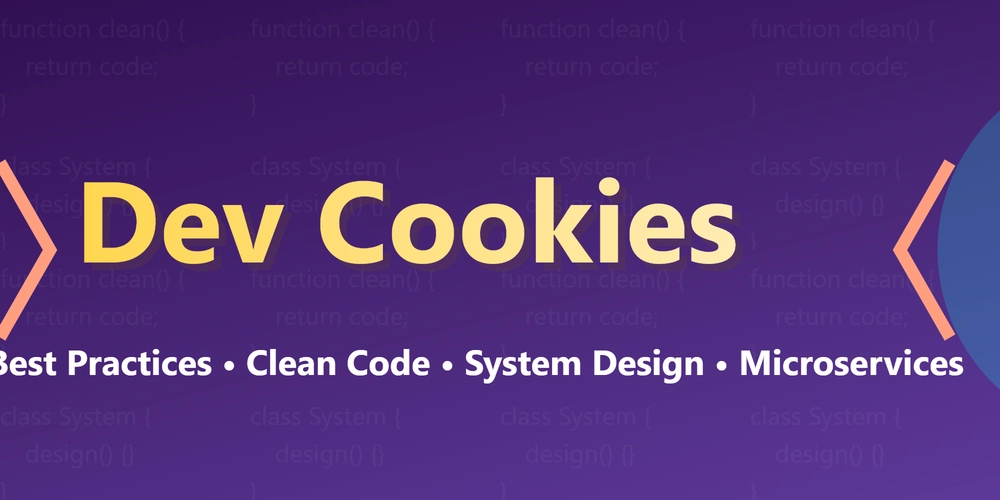
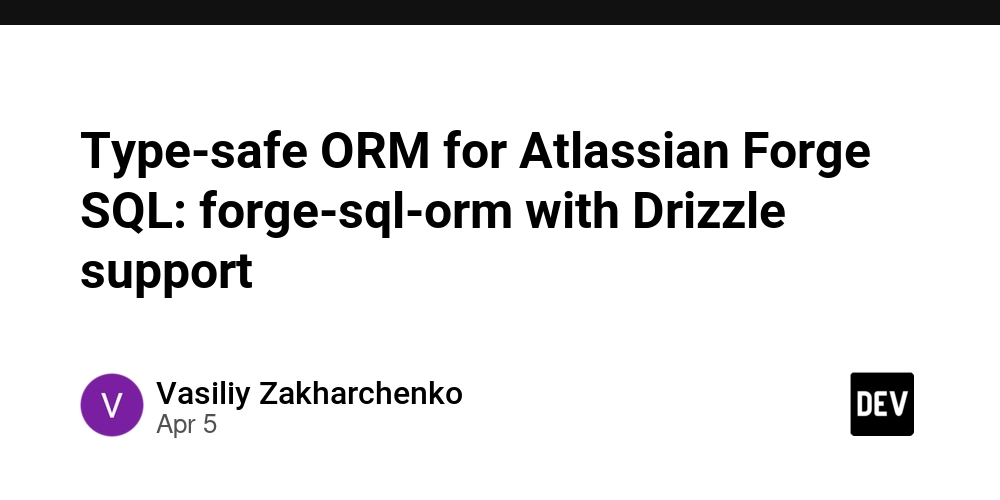
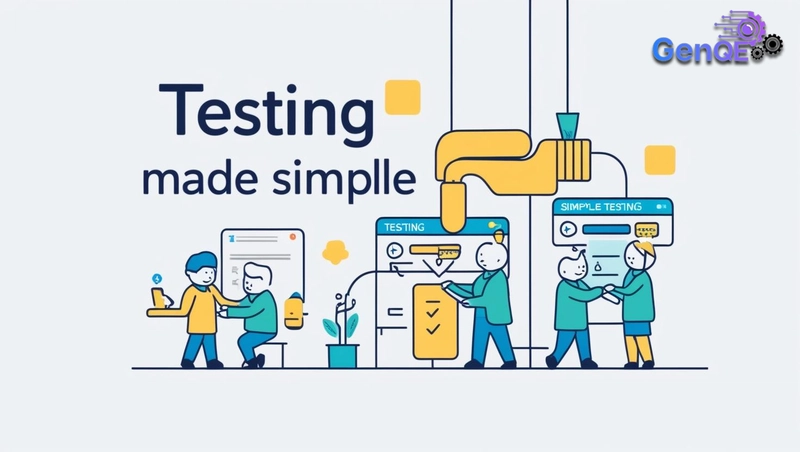
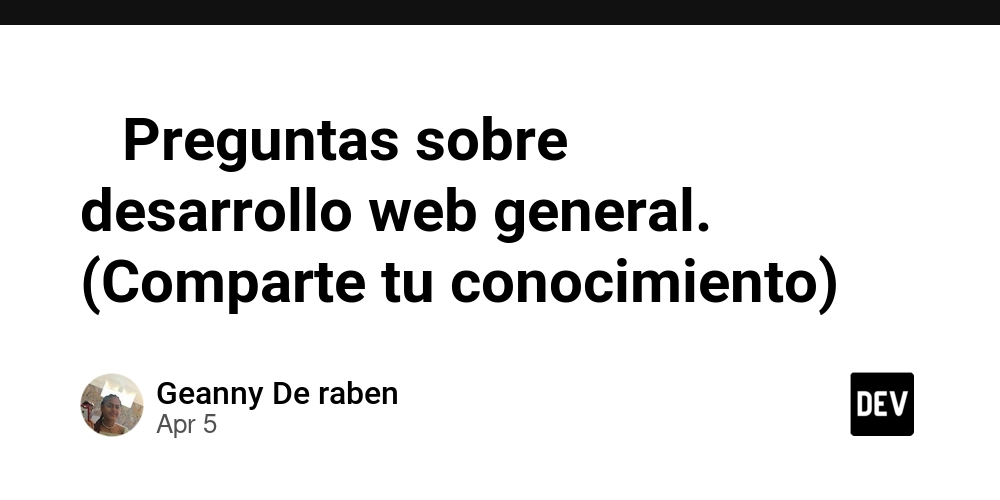









![[FREE EBOOKS] The Kubernetes Bible, The Ultimate Linux Shell Scripting Guide & Four More Best Selling Titles](https://www.javacodegeeks.com/wp-content/uploads/2012/12/jcg-logo.jpg)



![From drop-out to software architect with Jason Lengstorf [Podcast #167]](https://cdn.hashnode.com/res/hashnode/image/upload/v1743796461357/f3d19cd7-e6f5-4d7c-8bfc-eb974bc8da68.png?#)





































































































.png?#)





.jpg?#)
































_Christophe_Coat_Alamy.jpg?#)






















































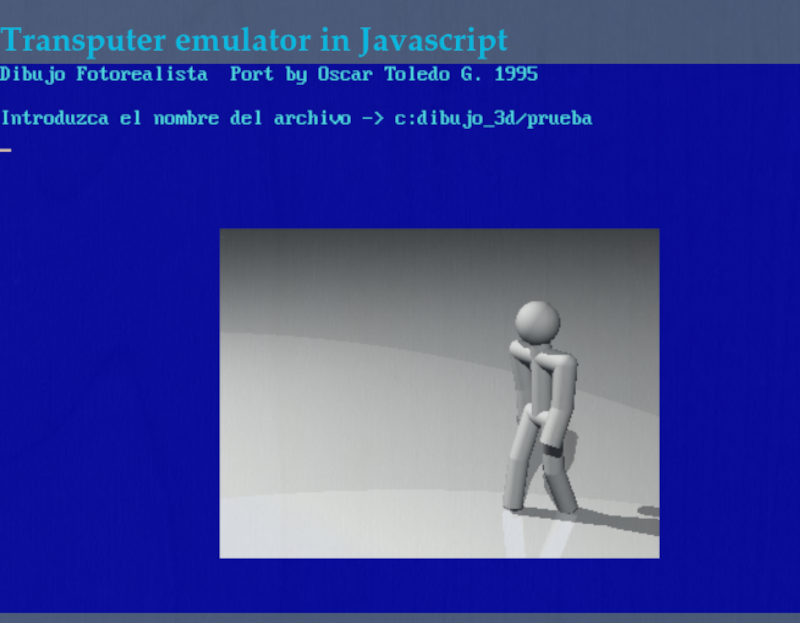































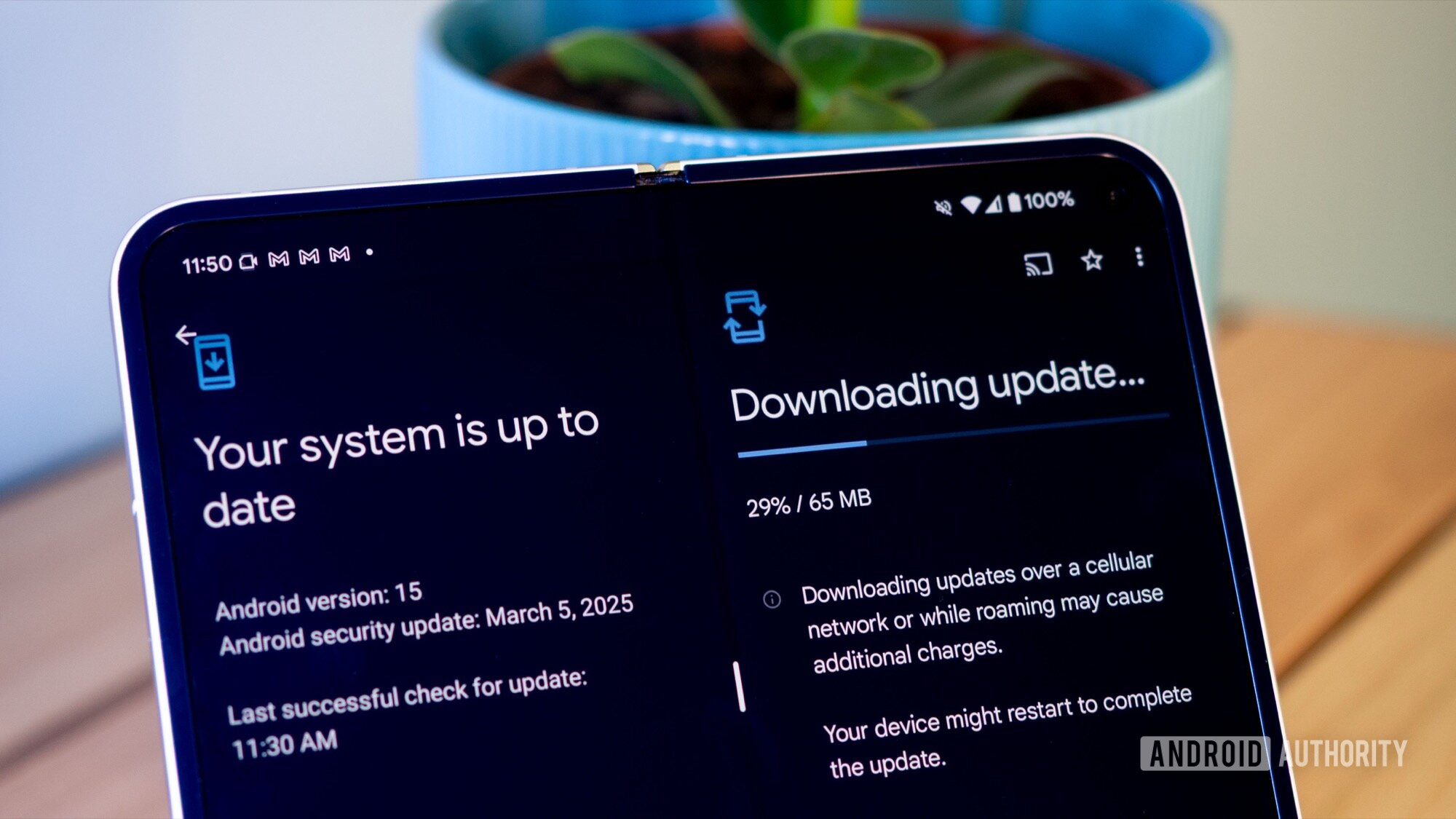



















![Rapidus in Talks With Apple as It Accelerates Toward 2nm Chip Production [Report]](https://www.iclarified.com/images/news/96937/96937/96937-640.jpg)




















